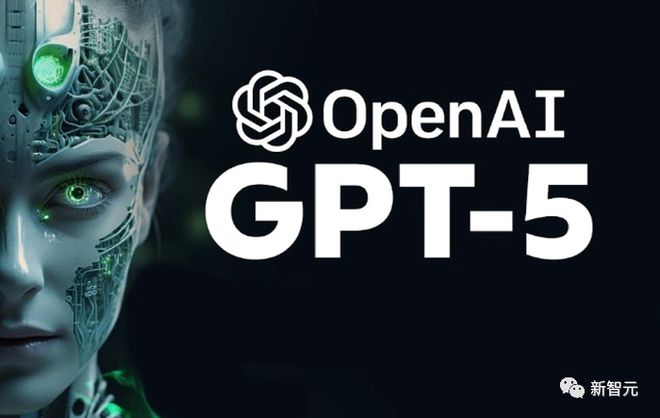The exposure effect of GPT5 is far from expected
GPT-5, as the latest achievement of artificial intelligence technology, was once regarded as one of the representatives of the next generation of language models, with strong natural language processing capabilities and intelligent generation capabilities. However, according to the feedback of some users and the evaluation of professionals, the performance of GPT-5 did not achieve the expected effect.

First of all, from user feedback, most people who have used GPT-5 say that GPT-5 does not perform well when faced with complex problems or when high-precision answers are required. For example, when they try to solve a complex math problem with GPT-5, it often fails to give accurate results or gives wrong answers. In addition, since the GPT-5 learning process relies on a large amount of text data, there may be cases of understanding bias or misjudgment when dealing with some domain-specific problems.
Secondly, from the professional evaluation, there are also many experts who believe that the actual performance of GPT-5 is not satisfactory. For example, some linguists have pointed out that although GPT-5 has good semantic understanding and expression ability, in practical applications, its language model parameters are too large, resulting in long training time, high cost, and susceptible to noise interference, which affects its accuracy. In addition, some researchers have found that GPT-5 has certain limitations when dealing with multilingual problems, especially when dealing with some non-native English languages, its translation effect is not ideal.
Despite this, there are also some users and professionals who are optimistic about the performance of GPT-5. They believe that with the advancement and optimization of technology, GPT-5 still has a lot of room for development in the future. For example, by further optimizing its algorithm and architecture, its ability to handle complex tasks can be improved; at the same time, by introducing more supervised learning methods, noise interference can be reduced and its accuracy can be improved. Overall, GPT-5 is a very promising technology, as long as we can continue to invest in research and development, I believe it will bring us more surprises.